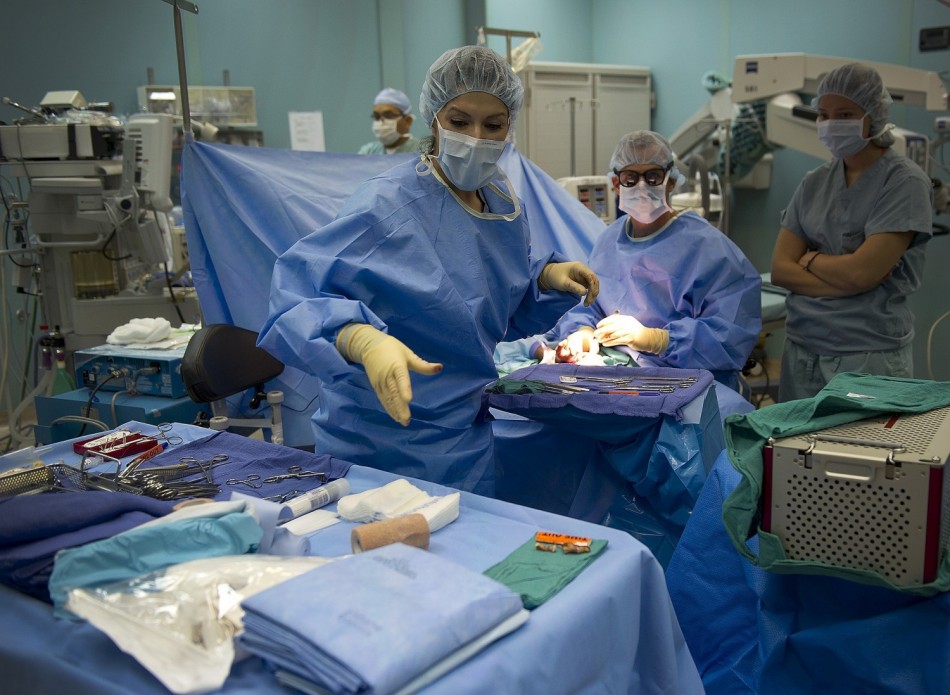How Does Brain Tumor Affect Children and Adolescents Annually?

Brain tumors are one of the most common solid tumors affecting children and adolescents, with almost 5,000 children diagnosed yearly, according to Hopkins Medicine. Due to their location, some pediatric brain tumors and required treatments can cause significant long-term impairment to intellectual and neurological function.
The reason many children have a brain tumor is still unknown, but the exposures that cause cancer are usually tobacco smoke, which damages the DNA. Hence, the brain is relatively protected from the most cancer-causing chemicals that we might inhale or consume.
Medulloblastomas, a primary central nervous system (CNS) tumor that starts in the brain, is the most common type of childhood brain cancer. Usually, it occurs before age ten. Ependymomas, on the other hand, are a type of childhood brain tumor that can be benign. The tumor's treatment is based on its location and type of ependymoma.
Ependymoma patients were much more younger than medulloblastoma patients and are usually female. There were no significant differences between the two in their clinical findings, but ependymomas had larger rates of enhancement than medulloblastomas.
Read Also: Children in Cold Weather: Why They Cannot be Exposed to Extreme Weather for Too Long?
Impacts of brain tumors on children and adolescents
In the United States, brain and CNS tumors became the most common cancers occurring in the age group 15-39 years old (4.4%), children aged 0-14 years (32.4%), and aged 40+ years old (2.2%).
Symptoms of brain tumors develop in people of all ages, including teens. Almost 13 percent of all new brain cancers were diagnosed in patients below the age of 20. Another 9 percent were diagnosed in patients between 20 and 34.
Brain tumors that grow in infants, children, and adolescents are very different from those in adults. The kinds of brain tumors are based on the cell type and location in the brain. Some symptoms of brain tumors are headache, nausea, vomiting, and difficulty with movement.
Irritation, loss of interest, abnormal eye movements, seizures, vomiting, and feeling exhausted much more quickly than usual are the common effects of brain tumors on children. For adolescents, Delayed puberty could be caused by a brain tumor.
Web MD reported that almost 700,000 people in the United States are affected by brain tumors. More than 10,600 brain tumors are diagnosed in teens and young adults yearly, with 434 dying annually.
What are the treatments for brain tumors?
Mostly, brain tumors in infants and children require surgical removal or at least a biopsy as part of the treatment. Some surgeons may recommend surgery to remove as much of the tumor as safely possible as a first step and relieve intracranial pressure caused by the tumor.
Surgery may help reduce the size of the tumor before radiation or chemotherapy. On the other hand, benign brain tumors or those non-cancerous can be successfully removed with surgery and do not grow back. This also depends on whether the surgeon can safely remove all of the tumors, but if there are some left, they can either be tracked down with scans or treated with radiotherapy, per NHS.
Related Article: Brain Tumor Risk And Higher Education Connected
© 2024 ParentHerald.com All rights reserved. Do not reproduce without permission.
